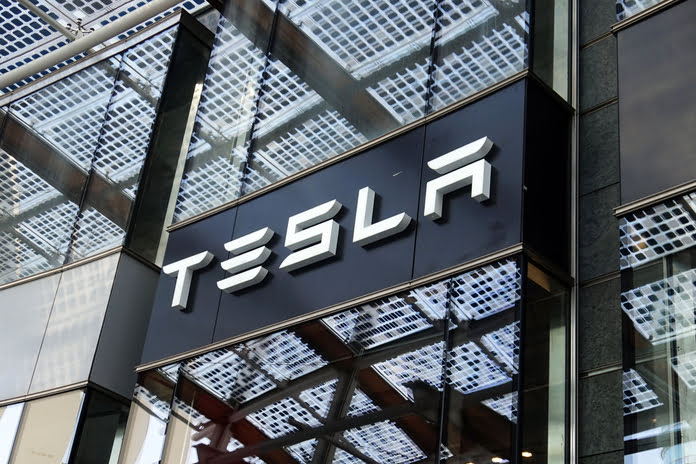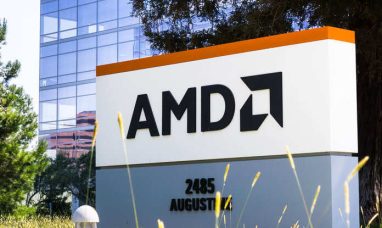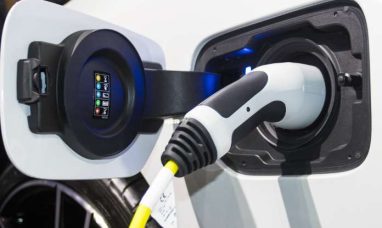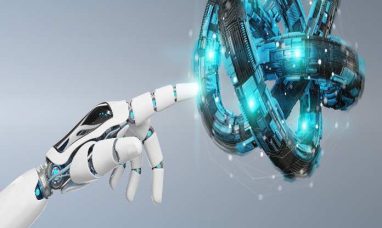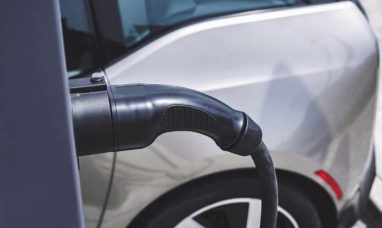Elon Musk is undoubtedly self-assured, if not arrogantly so. But how about his hubris? Overconfidence sits in the middle of the self-image spectrum between confidence and arrogance. In life, trust is crucial, and it can be advantageous or detrimental to be overconfident in your abilities in business and investing. The danger is brought on by hubris.
Musk may be reaching the peak of hubris, or excessive pride or arrogance, which can affect any of us. Hubris, characterized by narcissism and dismissiveness and encourages excessive risk-taking, typically involves extraordinarily successful people riding a wave of success. Beyond the wildest expectations, Musk has achieved extreme success. He created valuable businesses like SpaceX, Tesla (NASDAQ:TSLA), and Tesla Inc (NASDAQ:TSLA). He currently holds the title of being the wealthiest man in the world.
A narcissist has lofty ideals of themselves and a desire for attention from others. Musk’s prolific and provocative tweeting, promiscuous attitude, and a stint as “Saturday Night Live” host show that he enjoys the spotlight. Ignoring advice from advisors and professionals is a sign of dismissiveness. The expected guidance from either his board members or professional advisors does not appear in Musk’s social media rants. While Musk is, in fact, virtually always in the headlines, one hardly ever hears about his boards or other advisers.
Musk is a born risk-taker who has founded numerous speculative ventures. However, the risks associated with his most recent bid for Twitter TWTR, 0.99 % at a premium, and his unilateral effort to repudiate the agreement are of a bigger scale. Similar can be said about his entrance into highly volatile bitcoin BTCUSD trading, which is 1.82 %.
There are other qualities worth looking for that can counter hubris. One of them is modesty or admitting one’s ignorance. In contrast to the know-it-all, it is an understanding of our fallibility. But it doesn’t seem like Musk is particularly good at being humble.
Natural defense against the excessively risky wagers that hubris causes can come from curiosity. It blends intellectual curiosity with in-depth research. It tests claims and hypotheses before accepting and acting upon them. It disproves presumptions that are not supported by facts. Once more, Musk does not convey anything like this.
The ability to maintain confidence while reining in arrogance is a skill that may be learned. To do this, strive to remain humble, resist the temptation to believe any flattery directed at you, and seek out opinions from various sources. Musk’s willingness to cultivate these habits is also not immediately apparent.
Understanding history and reading literature might be helpful. The majority of the time, those who believe they are the smartest in the room aren’t. You only need to consider the hubris-backed but unhedged wagers that Joe Cassano of AIG made in 2008 or Nick Leeson of Barings Bank in 1995 that led to the demise of their respective companies.
In literature, “Frankenstein” is the ultimate example of hubris gone wrong, yet “Pride and Prejudice” demonstrate how hubris can be controlled as a humbled Mr. Darcy finally succeeds in securing the woman of his dreams Elizabeth.
Outside of retrospect, it might be challenging to spot hubris. According to empirical research, there are two trends to keep an eye out for: increased and more prominent acquisitions (which will result in more volatile results) and increased efforts to manage earnings (accompanied by eroding performance). When it comes to Musk, the smart money is on a hubristic fall, even though most people would love to see humble confidence triumph.
Featured Image: Megapixl @Sergiomonti









